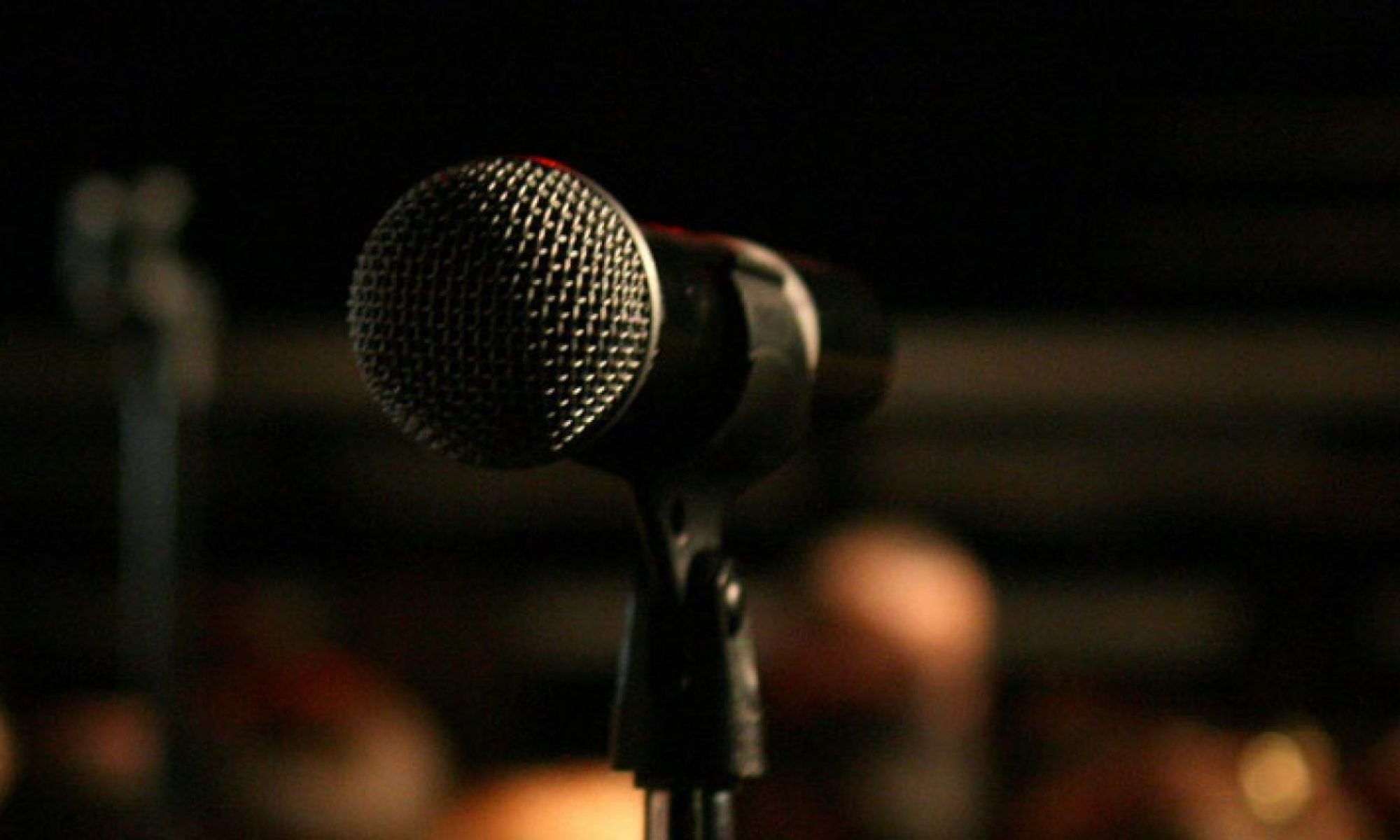You always wanna get big laughs from the audience. But “the audience” can vary drastically, even in the same place – and what one audience type responds to, another may not care for as much. Below is a list of audience types. Choose who you play to at your own peril.

1) The Actual Audience
These are the people who have paid money and are buying drinks to watch the show. In NYC, there are a bunch of sub-types of actual audience. In an ideal world, you’ll learn how to adjust to all of them:
- Times Square Tourists – usually from the Midwest or a foreign country and bought comedy tickets on the street as a spur of the moment activity. They tend to respond to safer jokes about subjects like family and relationships, especially bits that involve big character act outs and lots of movement. They are less likely to love political humor, word play and bits that require a lot of thinking.
- Greater NYC locals (NJ, CT, etc) – in addition to the above topics, they are generally good with edgier material and some local references.
- “In The Know Tourists” – did some online research and decided on a club or specific comedian to see, they are closer to a NYC local than a real tourist
- “Comedy Nerds” – these are fans of comedy that listen to podcasts and comedy albums and can name more than the top five most famous comedians. They’ll give you more leeway but usually avoid “tourist clubs.”
- College Crowd – doesn’t want to hear about your wife and kids issues for too long
- High School Kids / Prom Shows – responds to jokes about your parents, dating and school , but might get tight about sexual material. Unless they’re the “cool kids” in school, in which case that’s probably all they’ll respond to.
- Hip Locals – aka “below 14th st” – aka “alt scene audience” – are down for dark humor and obscure pop culture references, more accepting of rambling, long setups and less punchy material. Some overlap with comedy nerds.
- Urban Rooms – a predominantly African American audience. Similar to hip locals but some material may work better/worse depending on what you look like.
- Friends of newer comedians – sometimes hate comedy, or are skeptical about the show, but were dragged out by their friend who’s attempting comedy, tend to think they paid too much for cover and drinks and sometimes are under the mistaken impression they should only laugh at their friend’s jokes to make that friend look better at the expense of everyone else.
2) Club Bookers
Want you to get big, consistent laughs with any type of audience listed above. Also they want to make sure audience members don’t complain about your act. Some care about originality too, some less so.
3) Club Managers
Their primary concern is if you’re already approved to be performing at their venue. And that nobody complains.
4) Club Owners
Does your name help get people in the door and sell drinks? Are you doing something unique that may pay off for them later down the line? Do you seem loyal – aka will them giving you stage time now, before you’re famous, ensure you keep dropping by their club later in your career?
5) TV Industry / Networks / Producers
Audience response matters less than whether you have a castable look and whether they find your material funny or think their network’s target demographics will relate to your material.
6) Talent Agents and Talent Managers
Do you have “talent” – whatever that means? Do they see you generating millions of dollars? What’s your look? Can you write for better looking people? Do you seem “not insane” and easy to work with?
7) Wait Staff
Are you funny and different? Do we want to watch your jokes night after night? Are you pleasant and not annoying off-stage?
8) Other Comedians
This is usually the toughest audience of all, but also the audience who will get you most of your work
- Headliners – Are you funny enough and easy to hang out with for long car rides?
- Next level comics – Do you run a show?
- Same level comics – Are you funny and do you run a show?
- Independent producers that are comedians – Do you run your own show and are you funny?
- Newer comics – Are you funny and approachable?

